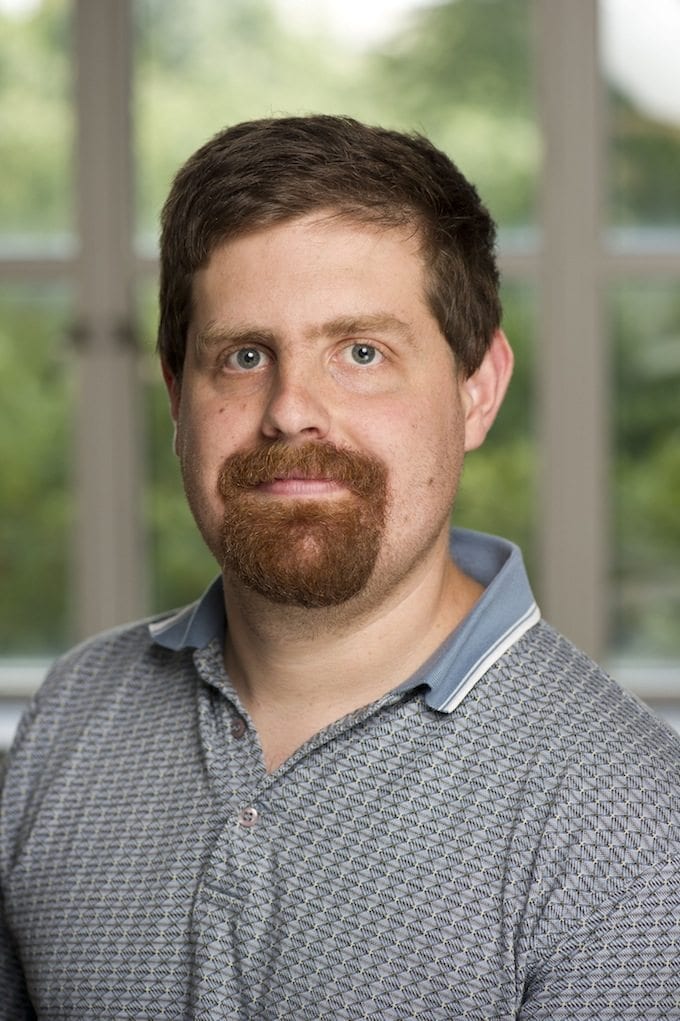JHU will grow crystals as part of national bid to develop better materials for technology
Johns Hopkins, Cornell, Princeton, and Clark Atlanta universities form a team of institutions that the agency chose for a $25 million program over five years. The new effort, dubbed PARADIM—Platform for the Accelerated Realization, Analysis and Discovery of Interface Materials—is one of the first awards under the NSF’s new Materials Innovation Platform program. The facility will join the Hopkins Extreme Materials Institute, the Institute for Quantum Matter, and the Institute for Nanobiotechnology in bolstering Johns Hopkins’ status as a national leader in materials research.
“Materials science is the basis for so much of what we have accomplished technologically—computers, superconductors, advances in medical imaging, and even our space program,” said facility director Tyrel M. McQueen, associate professor in the Johns Hopkins departments of Chemistry, Materials Science and Engineering, and Physics and Astronomy. “Future technologies will also depend on making new materials with new properties—we need better materials for catalysts and batteries, for example, and better materials for medical implants.”

